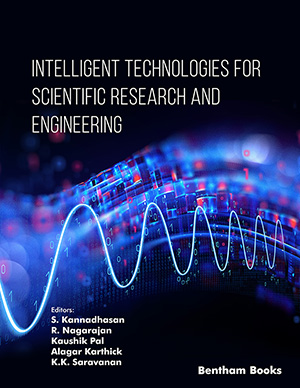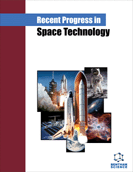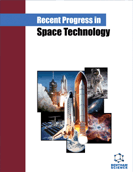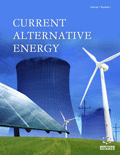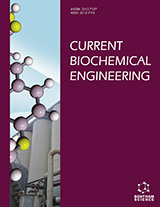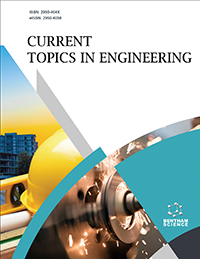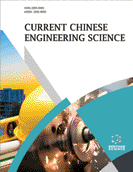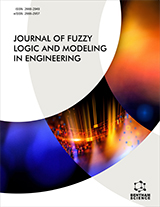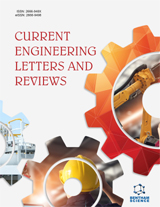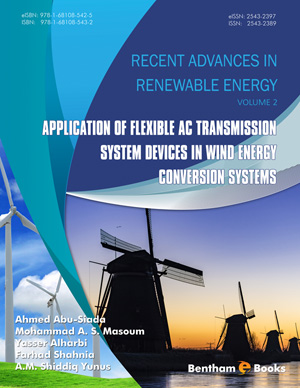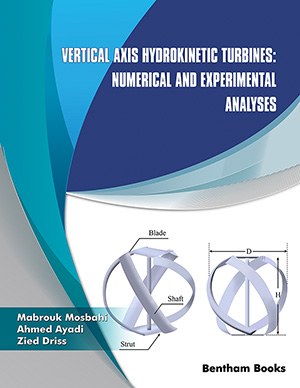Abstract
By transforming organic wastes into nutrient-rich bio-manure and minimising other environmental effects, composting enables the long-term management of organic wastes. Traditional methods of monitoring and process management present a number of challenges in terms of efficiently using available resources to produce high-quality compost. As a result, smart composting technologies must be introduced to make it feasible for small-scale units in urban areas as well as large-scale operations in outlying areas. By analyzing recent trends in digital-based design and development, the current study explores the reach of digitalization in bringing user-friendly solutions, such as the internet of things (IoT)-based rapid composter. Using sewage sludge and other organic wastes in a stainless steel concentric bin type adiabatic rapid composter with provisions for thermal control (glass wool), feeding and mixing, leachate recirculation, and an online data monitoring system (Arduino kit) using particular sensors, the composting trials were carried out. More than 25% of the control bin's temperature was preserved by the insulator. Within 28 days of treatment, stable and mature compost was produced as a consequence of the online monitoring system's observations of temperature, moisture content, and pH steering for the best aeration and rotating frequency.
Keywords: Adiabatic, Compost, Insulator, IoT, Organic waste.


